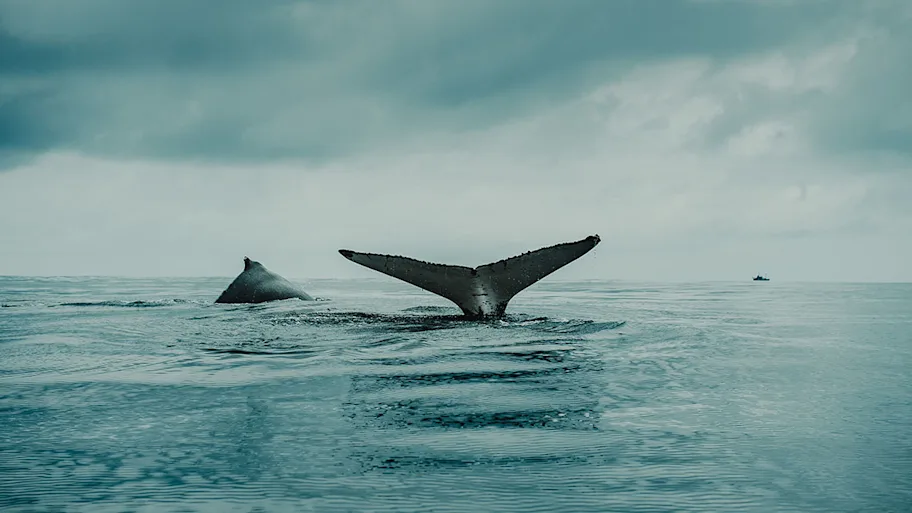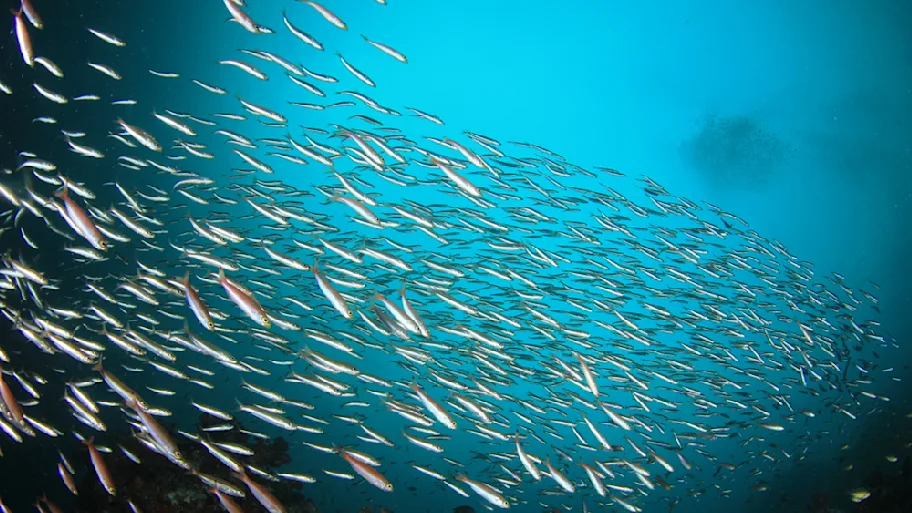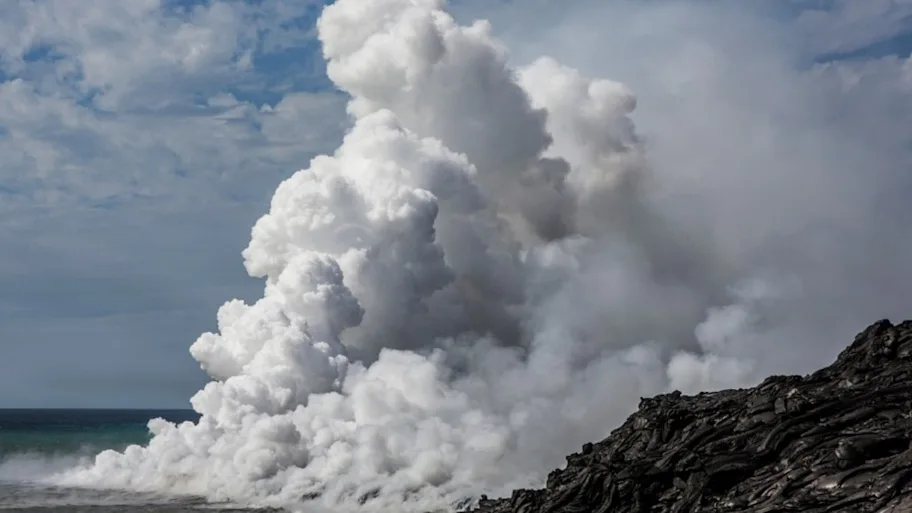
- Science News
- Young Minds
- Be an ocean champion for World Oceans Day
Be an ocean champion for World Oceans Day
It’s no coincidence that we call Earth ‘the Blue Planet’. About 72% of the planet’s surface is water-covered, and the oceans hold about 96% of all Earth's water. Oceans do all kinds of important jobs for the planet. In short, they’re vital to life on earth! World Oceans Day 2020 is your chance to celebrate them - and protect them.
-- by Jenny Lycett
Can oceans really be so important?
When we think about our oceans, perhaps we first think of the creatures living there. Beneath the water you can find the greatest ecosystem on earth. Dolphins, whales, turtles, a huge variety of fish - and that’s just the wildlife you can see from the surface. Hundreds of thousands of species call the ocean home, not to mention plant life.
The ocean is the planet’s life support system. Oceans generate half of the oxygen we breathe and absorb carbon dioxide from the atmosphere. Covering well over half of the planet’s surface, they regulate our climate and weather by transporting heat from the equator to the north and south poles. We rely on fish, seafood and ocean vegetation as important sources of food and medicine.
Not only that, oceans are a source of enjoyment for many people and make up a big part of leisure time. Whether it’s swimming, diving, surfing, sailing – or just enjoying a relaxing day at the beach breathing that sea air. During the coronavirus pandemic, many people have missed the chance to be near the ocean, and trips to the coast are high on wish-lists once travel restrictions are eased.
It’s no wonder so many scientists and conservationists put their efforts into researching and protecting our oceans. In fact the United Nations has declared the next 10 years as the ‘Decade of Ocean Science for Sustainable Development’, stressing the urgent need to research issues related to the ocean and the future of humanity. Projects like the one described in our article investigate how we are causing harm to our oceans - in this case, chemicals we use in everyday items were discovered in the Arctic ocean, far away from where they started. Research can help us understand the impact we’re having, and think of ways to look after our oceans a bit more carefully.
Time to celebrate the mighty ocean
On World Oceans Day - taking place this year on 8th June - people all around the world celebrate and honor our planet’s oceans, and take part in initiatives to understand and protect them. This year, the focus is on protecting 30% of the ocean by 2030.
World Oceans Day is leading a global movement to call on world leaders to protect more of our oceans, through a network of highly protected areas. Experts, researchers and campaigners believe this will help make sure we have a healthy home - for humans and for marine life - in the future.
How you can get involved
World Oceans Day has its own Youth Advisory Council, which was created to help connect and unite youth around the world. Their goal is to be a global network of leaders that help shape the vision and actions for a better future with a healthier ocean. You can support them and keep up to date with projects by joining the Global Youth Movement.
Of course, many World Oceans Day events have been transformed into virtual events this year, while it’s impossible to meet up in person. But there is still plenty happening online - from webinars to art competitions.
Because oceans cover so much of the world, researchers need all the help they can get measuring it. Citizen science programs are starting all over the world, where non-oceanographers - including kids - can take measurements of the ocean and report their findings back to scientists. Our article talks about the challenges of studying marine organisms, and suggests some ways you can help.
Want to read more?
The ocean is so huge, we had to create several collections to hold all the articles we’ve published about it! From marine animals that light up in the dark to tracking arctic sea ice, you can read about what scientists and oceanographers are working on right now.






